-
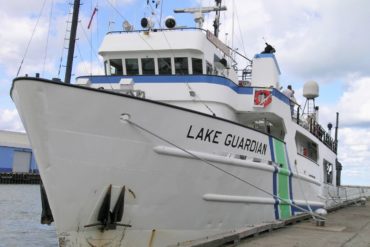 Charles Stewart Mott Foundation PartnershipClimate ChangeFeature HomepageFish, Birds and AnimalsLatest NewsNewsResearch, Data and Technology
Charles Stewart Mott Foundation PartnershipClimate ChangeFeature HomepageFish, Birds and AnimalsLatest NewsNewsResearch, Data and TechnologyScientists Concerned About the Bottom of the Food Web in the Great Lakes
-The warming climate could mean changes for the base of the food web in the lakes, but researchers are not yet sure what those changes might be.
00 -
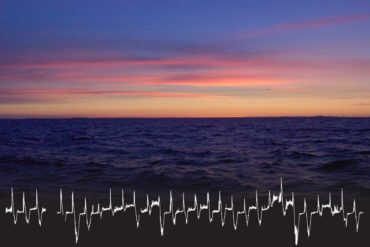 Charles Stewart Mott Foundation PartnershipClimate ChangeCollaborationFeature HomepageFish, Birds and AnimalsLake MichiganLatest NewsNewsResearch, Data and TechnologyScience, Technology, Research
Charles Stewart Mott Foundation PartnershipClimate ChangeCollaborationFeature HomepageFish, Birds and AnimalsLake MichiganLatest NewsNewsResearch, Data and TechnologyScience, Technology, ResearchReport: Lake Michigan is ‘running a fever.’ More storms, less fish possible.
-A federal study finds that climate change is warming even the deepest waters of big lakes, which could shorten their winters and have a ripple effect on their health.
-
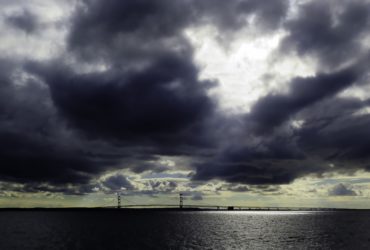 Charles Stewart Mott Foundation PartnershipClimate ChangeCollaborationDrinking WaterEnbridge Line 5 and Other PipelinesEnergy, Clean Energy, Ethanol and FrackingFeature HomepageLatest NewsMichiganNewsOntarioPolitics, Policy, Environmental JusticeWater Quality and Restoration Efforts
Charles Stewart Mott Foundation PartnershipClimate ChangeCollaborationDrinking WaterEnbridge Line 5 and Other PipelinesEnergy, Clean Energy, Ethanol and FrackingFeature HomepageLatest NewsMichiganNewsOntarioPolitics, Policy, Environmental JusticeWater Quality and Restoration EffortsIs the Line 5 tunnel a bridge to Michigan’s energy future or a bad deal?
-With climate action on the state and national agenda, critics of Enbridge Line 5 warn that investing in new pipeline infrastructure undermines Michigan’s pathway to carbon neutrality. Experts say it’s not so simple.
-
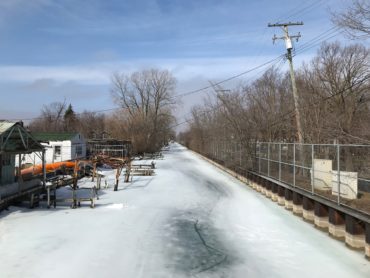 BudgetCharles Stewart Mott Foundation PartnershipClimate ChangeCollaborationDetroitEquity and Environmental JusticeFeature HomepageInfrastructureLatest NewsMichiganNewsWater Quality and Restoration Efforts
BudgetCharles Stewart Mott Foundation PartnershipClimate ChangeCollaborationDetroitEquity and Environmental JusticeFeature HomepageInfrastructureLatest NewsMichiganNewsWater Quality and Restoration EffortsIn flooded Michigan neighborhoods, who should pay for sea walls?
-For two straight summers, residents of Detroit’s Jefferson Chalmers neighborhood watched water pour into basements and pool in streets, a result of coastal flooding that will become increasingly common throughout the Great Lakes as climate change progresses.
-
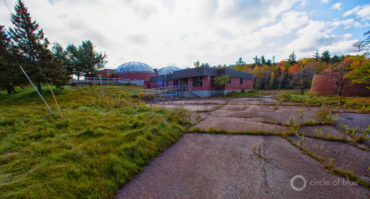 BudgetCharles Stewart Mott Foundation PartnershipClimate ChangeCollaborationDrinking WaterFeature HomepageInfrastructureLatest NewsMichiganNewsPolitics, Policy, Environmental JusticeU.S. and Canadian Federal GovernmentsWater Quality and Restoration Efforts
BudgetCharles Stewart Mott Foundation PartnershipClimate ChangeCollaborationDrinking WaterFeature HomepageInfrastructureLatest NewsMichiganNewsPolitics, Policy, Environmental JusticeU.S. and Canadian Federal GovernmentsWater Quality and Restoration EffortsMichigan’s Rural Water Systems Confront Generations of Inadequate Investment
-A critical juncture is reached for providing water to rural communities around the region.
-
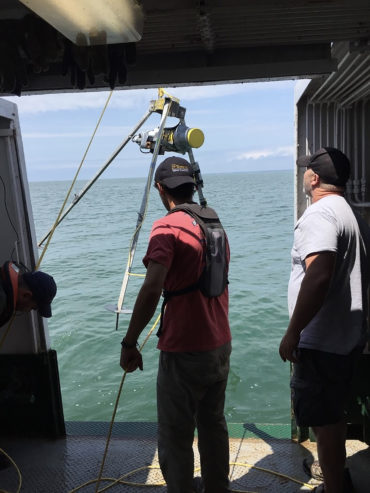 APClimate ChangeFeature HomepageFish, Birds and AnimalsLake ErieNewsResearch, Data and TechnologyScience, Technology, Research
APClimate ChangeFeature HomepageFish, Birds and AnimalsLake ErieNewsResearch, Data and TechnologyScience, Technology, ResearchScientists: Climate-whipped winds pose Great Lakes hazards
-Powerful gusts linked to global warming are damaging water quality and creating a hazard for fish in Lake Erie and perhaps elsewhere in the Great Lakes, according to researchers.
-
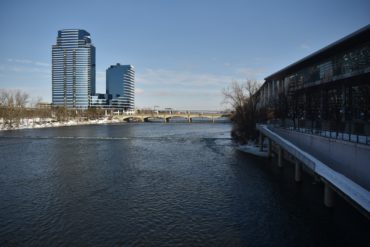 Charles Stewart Mott Foundation PartnershipClimate ChangeCollaborationDrinking WaterGrand RapidsInfrastructureLatest NewsMichiganNewsWater Quality and Restoration Efforts
Charles Stewart Mott Foundation PartnershipClimate ChangeCollaborationDrinking WaterGrand RapidsInfrastructureLatest NewsMichiganNewsWater Quality and Restoration EffortsSome cities are turning to natural infrastructure to deal with extreme rain events
-Climate change in the Great Lakes region means more intense storms. Already some towns are finding they’re flooding where they never have before. One city in Michigan is finding the solution is nature.
-
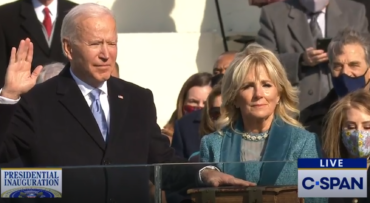 ClevelandClimate ChangeDetroitEnergy, Clean Energy, Ethanol and FrackingEquity and Environmental JusticeFeature ClevelandFeature DetroitIndustry, Energy, Economic DevelopmentInfrastructureLatest NewsMichiganNewsOhioPolicyPolitics, Policy, Environmental JusticeU.S. and Canadian Federal Governments
ClevelandClimate ChangeDetroitEnergy, Clean Energy, Ethanol and FrackingEquity and Environmental JusticeFeature ClevelandFeature DetroitIndustry, Energy, Economic DevelopmentInfrastructureLatest NewsMichiganNewsOhioPolicyPolitics, Policy, Environmental JusticeU.S. and Canadian Federal GovernmentsAir, Wind, Solar: In the Great Lakes region, energy stands out in President Biden’s efforts
-What sort of impact could President Biden’s executive orders and his various campaign promises have on the Great Lakes region?
-
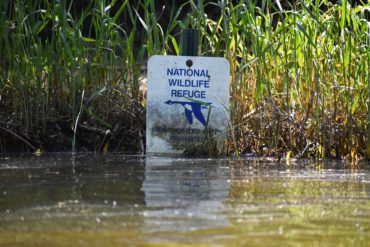 AgricultureCharles Stewart Mott Foundation PartnershipClimate ChangeCollaborationDrinking WaterFish, Birds and AnimalsHabitat RestorationLatest NewsMichiganNewsWater Quality and Restoration Efforts
AgricultureCharles Stewart Mott Foundation PartnershipClimate ChangeCollaborationDrinking WaterFish, Birds and AnimalsHabitat RestorationLatest NewsMichiganNewsWater Quality and Restoration EffortsWetlands can help prevent property damage and save lives during floods
-Last year when the Midland dams gave way, more than 21 billion gallons of water rushed into the Tittabawassee River. More than three and a quarter billion gallons of that ended up in the Shiawassee National Wildlife Refuge.
-
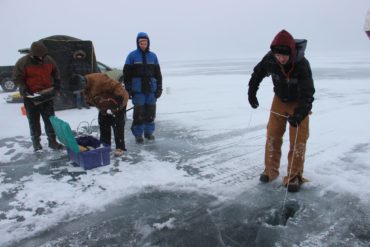 Algae BloomsClimate ChangeDrinking WaterLake ErieLake SuperiorLatest NewsMinnesotaNewsResearch, Data and TechnologyScience, Technology, ResearchSharon OosthoekWisconsin
Algae BloomsClimate ChangeDrinking WaterLake ErieLake SuperiorLatest NewsMinnesotaNewsResearch, Data and TechnologyScience, Technology, ResearchSharon OosthoekWisconsinLake Superior Winter: Researchers belatedly turn their eyes to the impact of warming winters
-Over the past decade or so, scientists have been playing catch up when it comes to winter data, and they are discovering that winter conditions play a big role in determining what happens the following summer.

